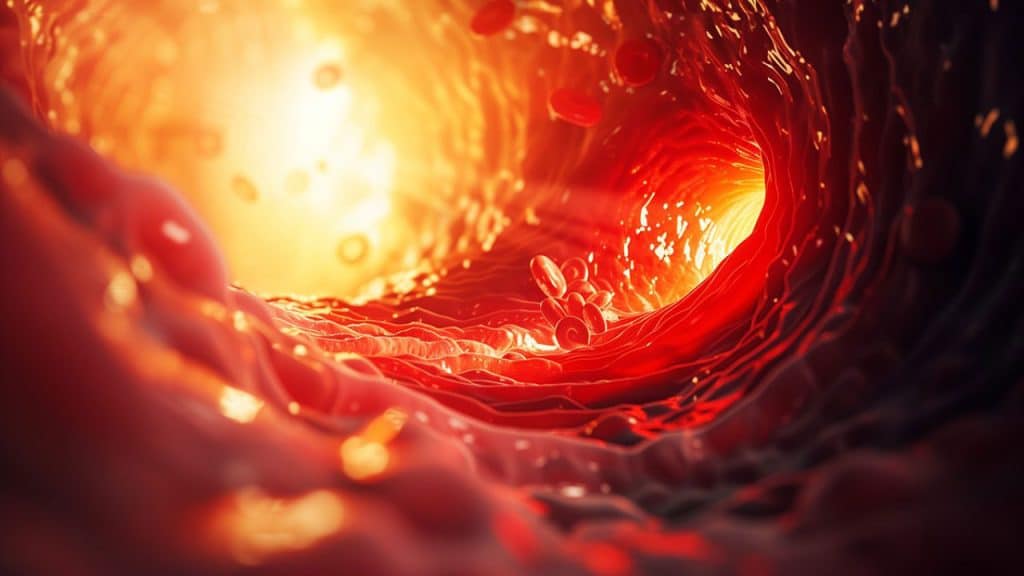We hear a lot about cutting back on fatty foods to reduce our cholesterol levels, but the truth is that a lot of cholesterol is produced by the body without any input from your diet. It’s also true that once cholesterol is created, we may be able to modify, move or store it, but outright eliminating it is nearly impossible – unless a new gene therapy can change things (https://longevity.technology/news/will-cholesterol-busting-gene-therapy-become-the-true-inheritor-of-statins/).
Public health messaging around cholesterol tends to simplify this compound. It’s much easier to say “cholesterol’s bad, eat less fat” than it is to explain the different types of cholesterol or the way it works in different parts of the body. Yes, too much of certain types (mostly low-density lipoprotein, or LDL) in the blood is worrying. It can contribute to atherosclerosis, the narrowing and blocking of the arteries that can put you at increased risk of heart attacks and strokes. But what about intercellular free cholesterol? Have you even heard of that before?
So, the cholesterol we don’t take in from our diet is mostly made in the liver. We then have to transport it to where it’s needed (yes, we do need some cholesterol), often modifying the structure as we go. This is a complicated, delicate process and even the tiniest thing throwing out the balance can lead to too much cholesterol collecting in the wrong places, and not just the blood vessels.
If we can’t get the cholesterol on the move again, this so-called “free” cholesterol can cause all kinds of damage. Part of the problem is that we don’t have any way to just get rid of excess cholesterol. Transportation or modification have traditionally been the only options. Statins, the most commonly used medication for high cholesterol, reduce overall cholesterol production and lower our LDL levels, but they can’t do anything about free cholesterol that has already accumulated.
A New York company called Repair Bio has been looking into reversing the impact of atherosclerosis. Rather than using statins, it’s using a type of gene therapy called lipid nanoparticle (LNP)-messenger RNA (mRNA) therapy. It strengthens the cells against free cholesterol damage and degrades free cholesterol so it’s no longer a problem.
This treatment is still in the early stages of development, but a positive response from the FDA hopefully means it will be able to move into human trials soon.




